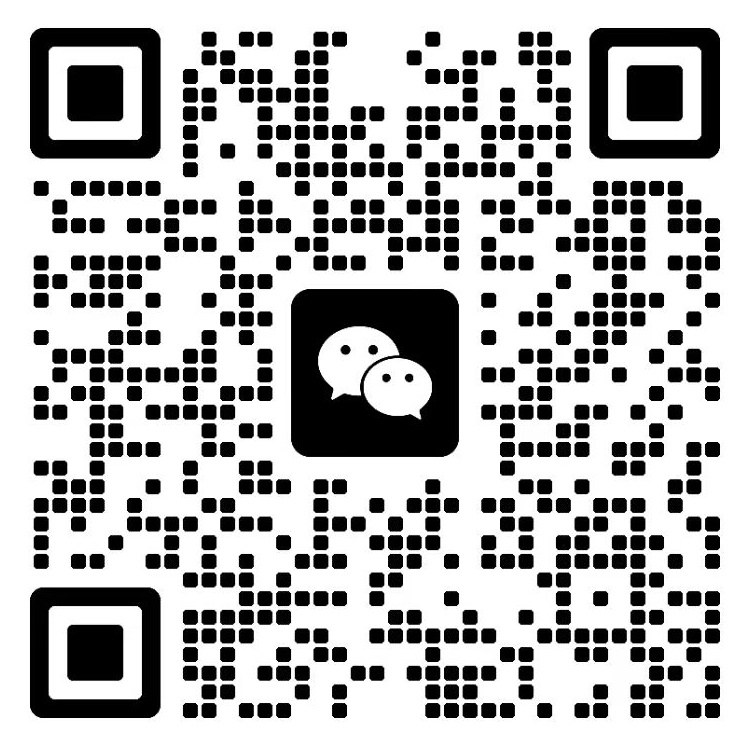In the wave of globalization, study abroad expos have become a key platform for international students to plan their overseas education. But for families participating for the first time, are these events truly “information feasts” or mere “formalities”? This article analyzes the real-world effectiveness of study abroad expos through practical cases from education fairs in the U.S., U.K., Singapore, and South Korea, examining their practical value across three dimensions: resource acquisition, decision optimization, and long-term benefits.
Resource Integration: The “Global Education Supermarket” Breaking Down Information Barriers
The core value of the Overseas Study Expo lies in creating a centralized trading platform for international educational resources. Taking the 2025 Beijing Overseas Study Expo as an example, New Zealand, as the guest country, showcased 15 public universities collectively. Its engineering and medical programs attracted significant attention due to their alignment with global talent shortages. More crucially, the New Zealand delegation offered a package policy for doctoral students: “local tuition fees, spouse accompaniment, and tuition-free education for children,” with a visa approval rate of 95%. This systematic resource integration far surpasses the efficiency of students searching for university information individually.
The Korean study abroad market offers valuable insights. Seoul National University and Kyung Hee University have collaborated through the National Institute of International Education to create a ‘one-stop service’ platform integrating institutional promotion, online applications, Korean language courses, and GKS scholarship applications, with support for 12 languages. This model has boosted application efficiency for international students by 40%, resulting in a 25% increase in Seoul National University’s international student admissions.
Decision Optimization: The Evolution from “Blind Exhibition Browsing” to “Precision Matching”
Modern Study Abroad Fairs Have Evolved into Data-Driven Decision Support Systems. The 2025 North American Boarding High School Fair adopted a “Quality First” strategy, requiring participating schools to provide evaluation models for students ‘interests, character, and community engagement. For instance, The Kiski School’s admissions officer explicitly stated: “We reject the ‘score-only’ mentality and prioritize whether applicants can create value within the boarding community.” This paradigm shift has helped Asian families break free from the “Elite School Worship” mindset.
The application of technological tools has significantly enhanced decision-making precision. At the international student fair, the National University of Singapore (NUS) unveiled an AI-powered matching system that automatically recommends suitable majors by analyzing students’ academic performance, language proficiency, and internship experiences, while generating success rate predictions. Legal program applicants using this system saw a 60% reduction in document revisions and an 18% increase in admission rates.
Long-Term Value: The “Gateway” for Building a Global Network
The value of the Study Abroad Expo extends far beyond information exchange during the event. Korea’s Kyung Hee University leverages its alumni network to integrate participating students into a global alumni ecosystem of 320,000 members. This long-term connection triples students’ internship recommendation rates and boosts their employability index by 22% compared to non-alumni peers.
In the Asian market, this network effect is more pronounced. During the 2025 China International Import Expo, the Indonesian delegation provided 200 multinational positions for participating students through a special job fair for alumni enterprises. The HR director of Indonesian coffee company JAWARA pointed out: “We prefer to hire students who have attended education fairs, as they have undergone cultural adaptation training through the exhibition and can integrate into multinational teams more quickly.”
International Case Studies: Differentiated Value Across Markets
U.S. Market: After Harvard, Stanford, and other top universities reinstated SAT/ACT requirements in 2025, they provided “pre-assessment tests” through education fairs to help students gauge their application competitiveness in advance. A California high school student who took the test adjusted their school selection strategy and was ultimately admitted to a top 30 university.
European Market: At the 2025 Beijing Exhibition, the Irish delegation introduced a ‘Scholarship Calculator’ that automatically matches students’ academic scores with eligible universities and scholarship amounts. Trinity College Dublin received 500 high-matching applications, a threefold increase from previous years.
Emerging Markets in Asia: The Russian medical exhibition delegation launched a “Clinical Medicine Preparatory Course” for China students, and the pass rate of medical certification for students who signed contracts through the exhibition increased from 65% to 92%.
The value of the Study Abroad Expo has evolved from a simple information showcase to a strategic hub in the global education ecosystem. For international students, attending the expo is not just about securing offers—it’s also a gateway to building global connections, understanding cultural differences, and charting career paths. As one participating student put it: “Here, I see not just university rankings, but a global community that could collaborate with me over the next decade.” This long-term value creation is likely the enduring secret behind the expo’s timeless appeal.







